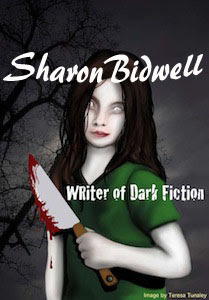Zombie ate her.
The first is passive, the second is not. American publishers (I can’t speak for non-US/UK countries as I’ve no experience) can be more selective about passive to the point of banning it altogether. Some, unfortunately, go to such lengths to avoid a single instance that they will rewrite whole paragraphs into awful stilted entanglements that are cringeworthy. British writers especially seem to have a hard time with this, probably because our rule on passive is simple: Don’t overuse but no need to avoid at all costs. British publishers don’t seem so worried about passive, and I know I’m not the only writer to never have passive sentences pointed out until I wrote for a US publisher.
It’s difficult to argue wrong or right because many publishers have a house-style and if they reject passive, they have the right; however, it’s to everyone’s detriment to rewrite the occasional use if to get the same information results in a sentence so convoluted it makes the reader wince.
Other forms argued with are ‘to be’ or ‘was’. Some publishers become known for
Passive can be used to great effect, in fiction and in life. Politicians and solicitors purposely use passive to deflect answering questions directly. One can find examples of passive in many famous poems that would have lost power had the authors written the passive out.
And don’t
Sometimes passive is superfluous or ‘gets by’ the writer during the draft, and it is worth checking and getting rid of a percentage. Fewer passive sentences increase the pace and that’s largely what a modern audience wants, so it’s at least understandable that publishers encourage minimum use.


No comments:
Post a Comment